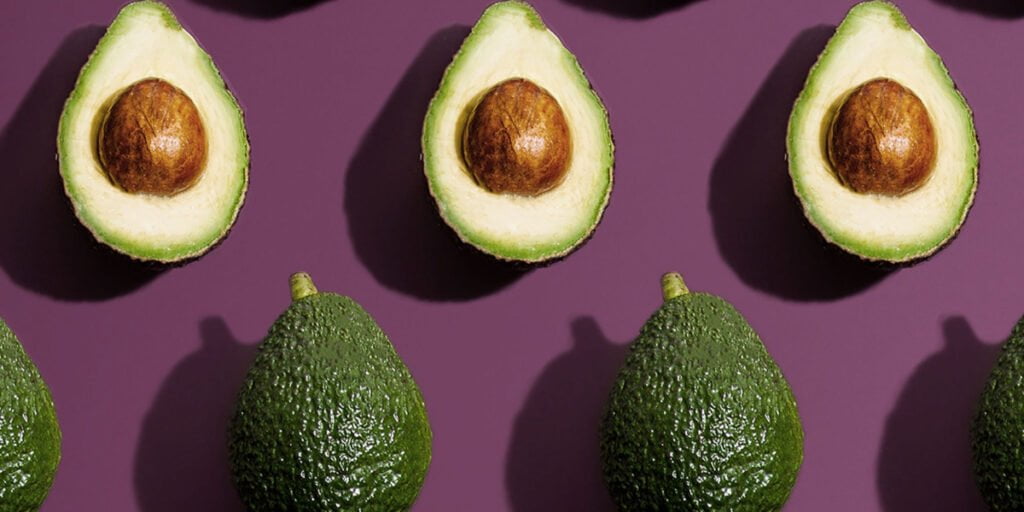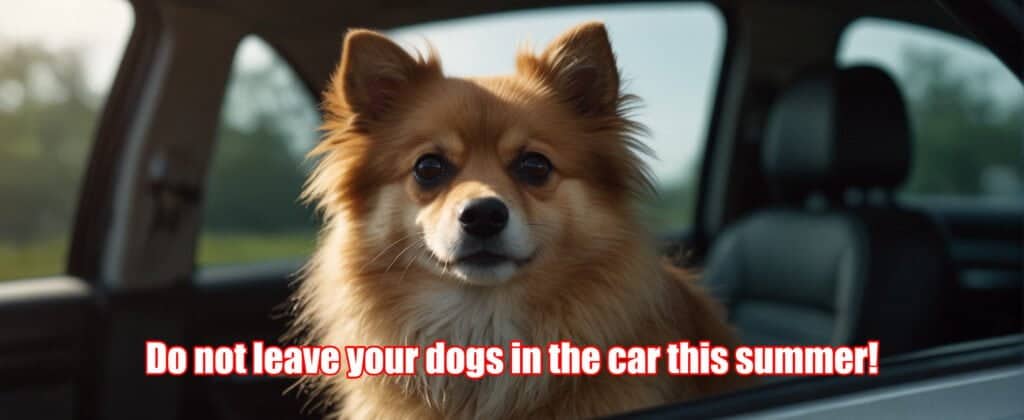Hello, devoted dog owners!
As loving pet parents, we all indulge in the joy of sharing bits and pieces of our meals with our furry friends. However, what seems like a harmless treat to us can sometimes endanger our beloved companions, especially the tiny ones. Today, we’re going to explore 10 common household foods that you might not realise are harmful to your small dogs. Understanding these dangers will not only protect your pet but also ensure they live a happy and healthy life by your side.
1. Chocolate: A Toxic Delicacy
We all know chocolate is a big no-no for dogs, but do you know why? Chocolate contains theobromine and caffeine, two substances that dogs cannot metabolise effectively. Even a small amount can lead to vomiting, diarrhoea, and severe cases of heart problems and seizures. Always keep chocolate out of your dog’s reach, no matter how longingly they gaze at your brownie.
2. Grapes and Raisins: Small but Deadly
It’s easy to think a small grape or raisin wouldn’t harm your dog. However, these tiny fruits can cause sudden kidney failure in dogs. The exact toxic substance in grapes and raisins is unknown, but the consequences are clear. Steer clear and opt for dog-safe fruits like sliced apples (without seeds) or blueberries instead.
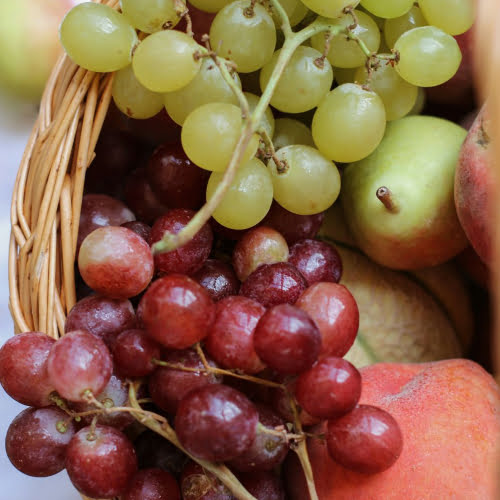
3. Onions and Garlic: Culinary Staples with Hidden Dangers
These common kitchen ingredients can wreak havoc on your dog’s health, leading to gastrointestinal irritation and red blood cell damage. All forms, whether raw, cooked, or even powder, are potentially toxic. For a pet-safe flavour boost, consider a sprinkle of turmeric or a small amount of plain cooked pumpkin.
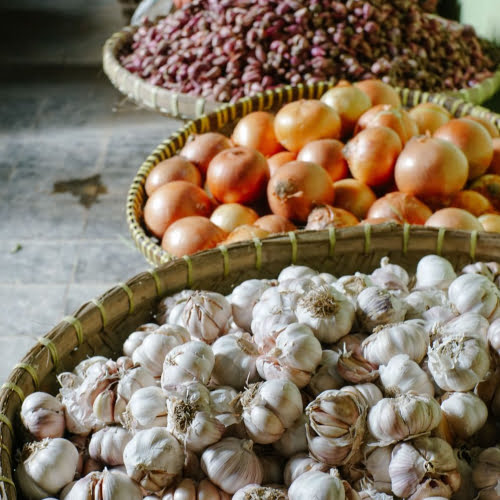
4. Xylitol: The Sweetener to Avoid
Found in many sugar-free gums, candies, and even some peanut butters, xylitol can cause insulin release in most species, which leads to liver failure and hypoglycemia (lowered sugar levels). Always check the ingredients of any “sugar-free” product before sharing it with your dog.
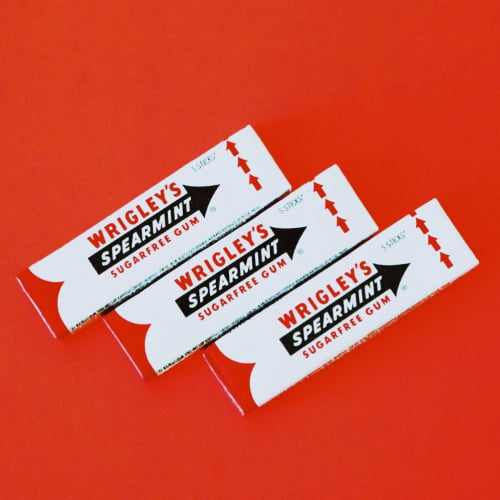
5. Avocado: Not so Guilt-Free
While avocados are superfoods for humans, they contain persin, which can cause vomiting and diarrhoea in dogs. The large pit also poses a significant choking hazard. As a healthy alternative, why not try giving your pup pieces of carrot or cucumber?
6. Alcohol: Keep the Party Drinks to Yourself
Even small amounts of alcohol, both in beverages and food that contains alcohol, can be toxic to dogs. It can cause central nervous system depression, vomiting, difficulty breathing, and even death. Always keep alcoholic substances well out of paw’s reach.

7. Coffee and Tea: Caffeine is a No-Go
Like chocolate, coffee and tea contain caffeine that is hazardous to your dog. Ingesting coffee grounds, beans, or tea bags can lead to serious health issues including rapid heartbeat, collapse, and seizures. Stick to water or dog-specific beverages for hydration.
8. Dairy Products: Lactose Intolerance Isn’t Just a Human Thing
Many dogs are lactose intolerant and cannot digest dairy products properly. Feeding your dog cheese, milk, or ice cream can lead to digestive issues and diarrhoea. Instead, opt for lactose-free dog treats.
9. Macadamia Nuts: Exclusively for Human Consumption
Just a handful of macadamia nuts can make your dog ill. Symptoms include weakness, depression, vomiting, tremors, and hyperthermia. Always ensure these nuts are kept out of your dog’s reach, and instead, provide them with dog-safe alternatives like pieces of vegetable or specially made dog treats.
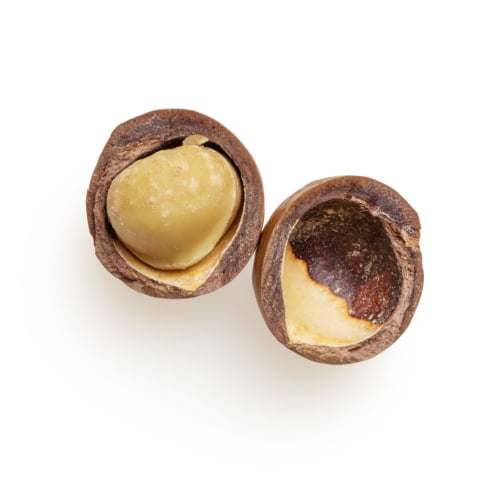
10. Raw Yeast Dough: The Rise of Danger
Raw dough made with yeast is a big no-no for dogs. It can rise in your dog’s stomach, leading to bloating and intestinal blockages. In some cases, it can ferment and produce alcohol, leading to alcohol poisoning. Always keep raw dough far from curious muzzles.
Final Thoughts
We hope this list has shed some light on the potential dangers lurking in common household foods for your tiny companions. As always, when in doubt, err on the side of caution and consult with your veterinarian before introducing new foods into your dog’s diet.
Remember, there are plenty of dog-safe snacks that can satisfy your pet’s cravings without compromising their health. By being mindful of what we share with our pets, we can ensure they remain our happy, healthy companions for years to come.
Stay vigilant, and here’s to the well-being of your furry family member!
